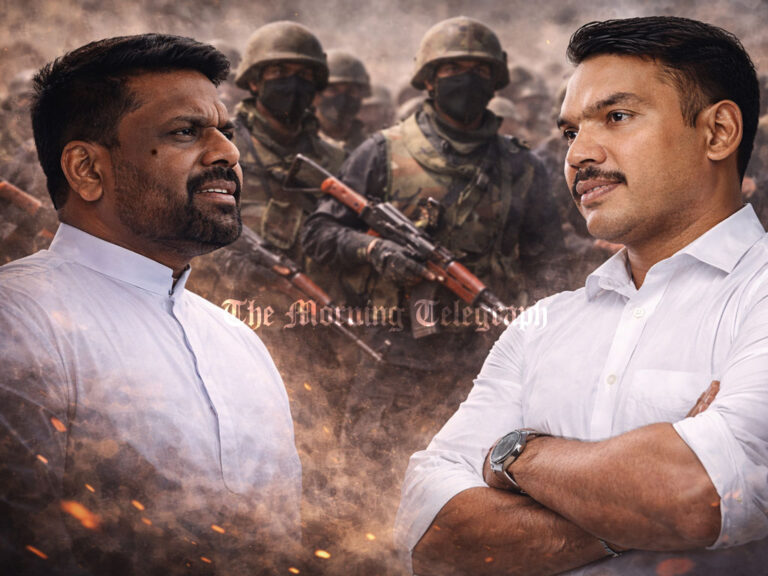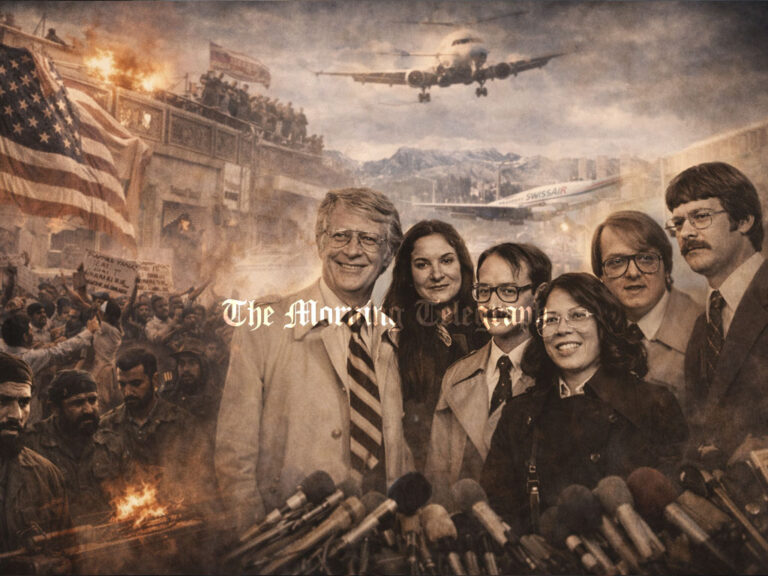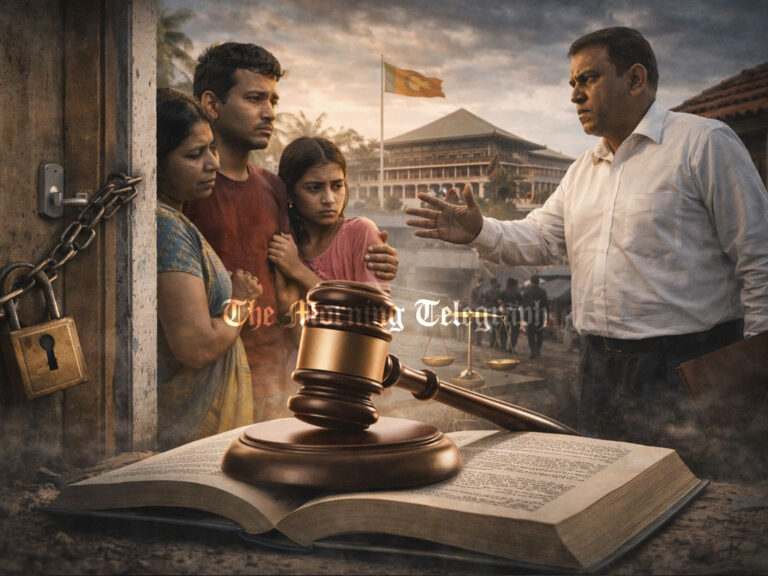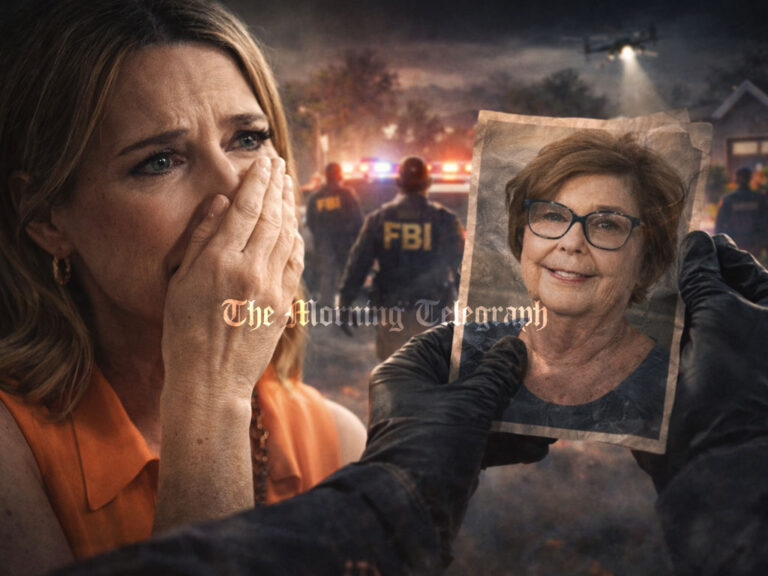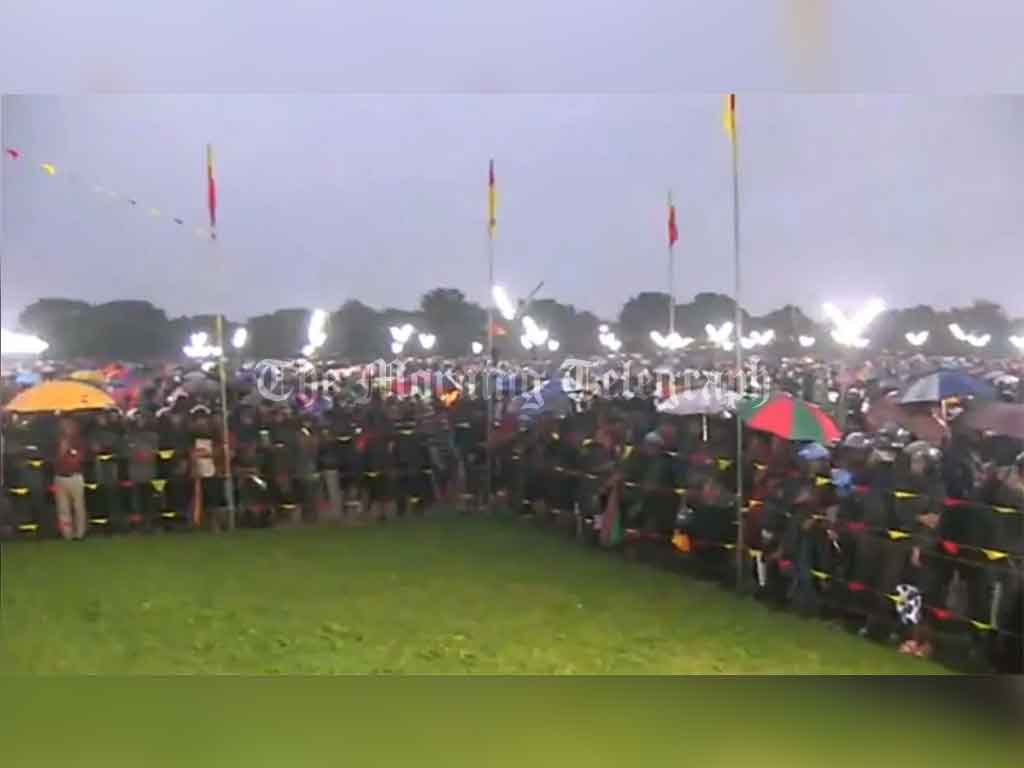
The main Mahaviru commemoration in the Northern Province took place at the Kanapuram Mahaviru Cemetery in Kilinochchi on the night of November 27, despite relentless rainfall. Hundreds of families of former LTTE cadres, known as Mahaviru families, braved the weather to honor their loved ones who died during the Sri Lankan civil war.
The event attracted participants from across the Northern Province, including Jaffna, Kilinochchi, Mannar, Mullaitivu, and Vavuniya districts. The ceremony began with a symbolic lighting of the main lamp by a family member of a fallen cadre, followed by others who lit lamps and placed flowers in memory of their deceased relatives. Prayers were also offered during the event, creating an atmosphere of remembrance and mourning.
The Mahaviru commemoration dates back to November 27, 1989, marking the death anniversary of Colonel Shankar, the first LTTE member to be killed in action on that date in 1982. The event is also closely associated with November 26, the birthday of Velupillai Prabhakaran, the late leader of the LTTE. These dates hold significant emotional and symbolic value for many in the Tamil community, who view the fallen LTTE members as heroes.
While the Kilinochchi event served as the primary gathering, several smaller commemorations were held across various towns and villages in the Northern Province. These events included similar rituals of lamp lighting, floral tributes, and prayers, reflecting the widespread participation and collective memory shared by the Tamil community.
Despite the somber nature of the commemorations, security concerns remain a priority for the government. The Sri Lankan Police, in coordination with the security forces, conducted extensive surveillance operations throughout the Northern Province to ensure that the events adhered to the legal framework. Authorities were particularly vigilant in preventing the use of LTTE symbols, flags, or images of Velupillai Prabhakaran, as the LTTE remains a banned organization in Sri Lanka.
Law enforcement officials monitored the ceremonies to ensure that they complied with the Prevention of Terrorism Act (PTA) and other national security regulations. Several checkpoints and patrols were set up near key locations, including cemeteries and community halls where the commemorations took place.
The Mahaviru commemorations continue to be a contentious issue in Sri Lanka, reflecting the complex post-war dynamics between the Tamil community and the government. While many Tamils view the event as a necessary act of remembrance for their loved ones, others in the country perceive it as a potential glorification of a banned terrorist group.
The event also comes amid broader discussions about reconciliation, transitional justice, and the political rights of the Tamil community. Civil society organizations have called for greater space for war remembrance and urged the government to recognize the grief and loss experienced by the Tamil population during the civil conflict.
As the annual commemorations continue to unfold, they remain a focal point for both memory and surveillance, illustrating the ongoing challenges in post-war Sri Lanka’s path toward peace and reconciliation.







